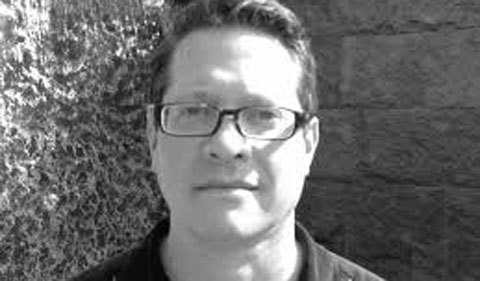
Dr. Stephen Porter
The Contemporary History Institute presents Dr. Stephen Porter will speak on “Benevolent Empire: Humanitarianism, U.S. Power, and the World’s Dispossessed” on Thursday, Oct. 19, at 4:30 p.m. in Baker 242.
The Center for Law, Justice & Culture is hosting a Meet and Greet with Dr. Porter in the Center for Law, Justice & Culture on Thursday, October 19, from 11:30am-12:30pm. Pizza and beverages will be provided.
Porter is Associate Professor of History at the University of Cincinnati. His research and teaching explore the intersection of humanitarianism, U.S. power, and American social and political life over the past century and a half. He is particularly interested in understanding changing conceptions of ethical responsibilities and rights as well as the ways in which a panoply of state and non-state actors have collaborated – productively and otherwise – in innovative strategies to manage humanitarian dilemmas wrought by war, persecution, upheaval, and other disruptive phenomena so emblematic of the modern world order.
At the University of Cincinnati, Porter is director of the International Human Rights Certificate, chair of the Tolley Scholarship in International Human Rights, and chair of the Taft Center’s Human Rights Research Group. He is a former fellow of the Institute for Historical Studies at the University of Texas at Austin. He earned a Ph.D. in History from the University of Chicago.
Abstract: A fierce debate rages today over what role the United States should play in the world’s nearly unprecedented refugee crisis. The issue is animated by a century of U.S. refugee aid initiatives, but ironically one we know relatively little about. University of Cincinnati History professor Stephen R. Porter uncovers this fascinating history in his new book, Benevolent Empire: U.S. Power, Humanitarianism, and the World’s Dispossessed (University of Pennsylvania Press). U.S. refugee affairs, he argues, once helped to shape the rise of the United States as a major world power while simultaneously revealing and reweaving America’s social and political fabric at home. The diverse array of people behind these activities typically shared a desire to portray the United States, to American and international audiences alike, as an exceptional, benevolent world power whose objects of concern might potentially include any vulnerable people across the globe. Then, as now, these Americans wrestled with what responsibility their remarkably powerful country had to the world’s displaced and dispossessed.



















Comments